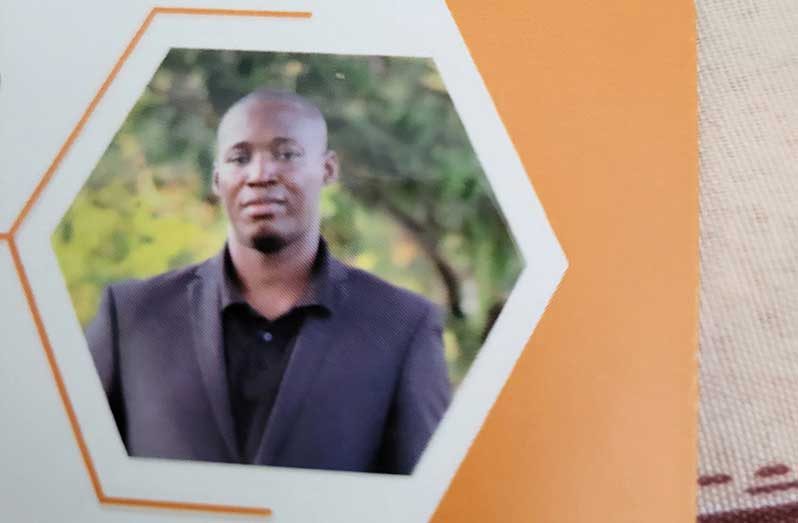By Vanessa Cort
HE prefers to work quietly behind the scenes on the projects that are dear to his heart and for decades, Richard Collymore has been making a difference in the lives of families, young people, HIV patients and persons with mental health challenges, particularly men.
In 2000, while living in Corriverton, he co-founded F.A.C.T. (Family Awareness Consciousness Togetherness), focusing on HIV prevention, but dealing with other social issues such as domestic violence and suicide.
A group of seven also got together with a church group and began a back-to-school drive, which involved providing meals and holding remedial classes.
Collymore said, “It was an ‘Olympic ‘ family service,” which helped fuel his passion for social work and led to his forming an NGO dealing with male empowerment.
This is an area which has received relatively little attention, as society is now caught up in the broader issue of mental health and breaking the stigma.
However, the Managing Director of M.E.N (the Male Empowerment Network) has been working to create a ‘safe space’ for men, where they can feel free to express their mental health issues without fear of condemnation or ridicule.
He is currently involved in implementing a ‘Youth Resilience Project, “basically helping youths between the ages of 17 – 27 live a more meaningful life”.
Participants are taken through a 10-week getting-ready programme, which is a personal/professional course covering five areas: understanding self, anger management, money management, networking and other life skills.
This prepares the young people to either continue their education, in collaboration with the Ministry of Labour’s B.I.T. ,(Board of Industrial Training programme; get into employment, which involves working with the public and private sector for job placement; or become entrepreneurs, where a grant is provided and assistance given with business registration and compliance.
Mental health support services are also a component of the programme. “We want them to be as resilient as possible,” Collymore said, adding that Psychotherapist Shane Tull is working ‘pro bono,’ teaching participants to recognise and cope with mental illness.
He pointed out that,”…some people can recognise the signs, but they just don’t do anything about it.”
Indeed, the programme began two years ago with a virtual discussion on mental health, with minimal participation by Guyanese, while folk from all over the Caribbean and even the US, logged in.
This is indicative of the fact that we Guyanese still have a long way to go when dealing with mental health issues.
We are still loathe to discuss the topic, are embarrassed by family members or friends who may be sufferers, and are particularly daunted by the stigma still attached to mental illness.
And during our discussion, the managing director, raised a pertinent question, “Who is counselling the counsellors?” He observed that social workers oftentimes need counselling themselves, after dealing with the myriad issues of some families.
“These people [social workers] often have problems of their own…sometimes going back to past experiences in their childhood which remain unresolved,” he said.
And sometimes when confronted with a current problem in a family, the social workers may find themselves embroiled in a personal battle with their own feelings, arising from their past experiences.
Collymore observed that some professionals such as teachers, policemen, soldiers, doctors and nurses are often in dire need of counselling, because if the nature of their work, which can often expose them to the worst in human nature.
Famous talk show host, Oprah Winfrey, had this to say, “We, as a culture, have not fully acknowledged how much help is needed. The only real shame is on us for not being willing to speak openly. For continuing to deny that mental health is related to overall health. We need to start talking and we need to start now.”



.jpg)








